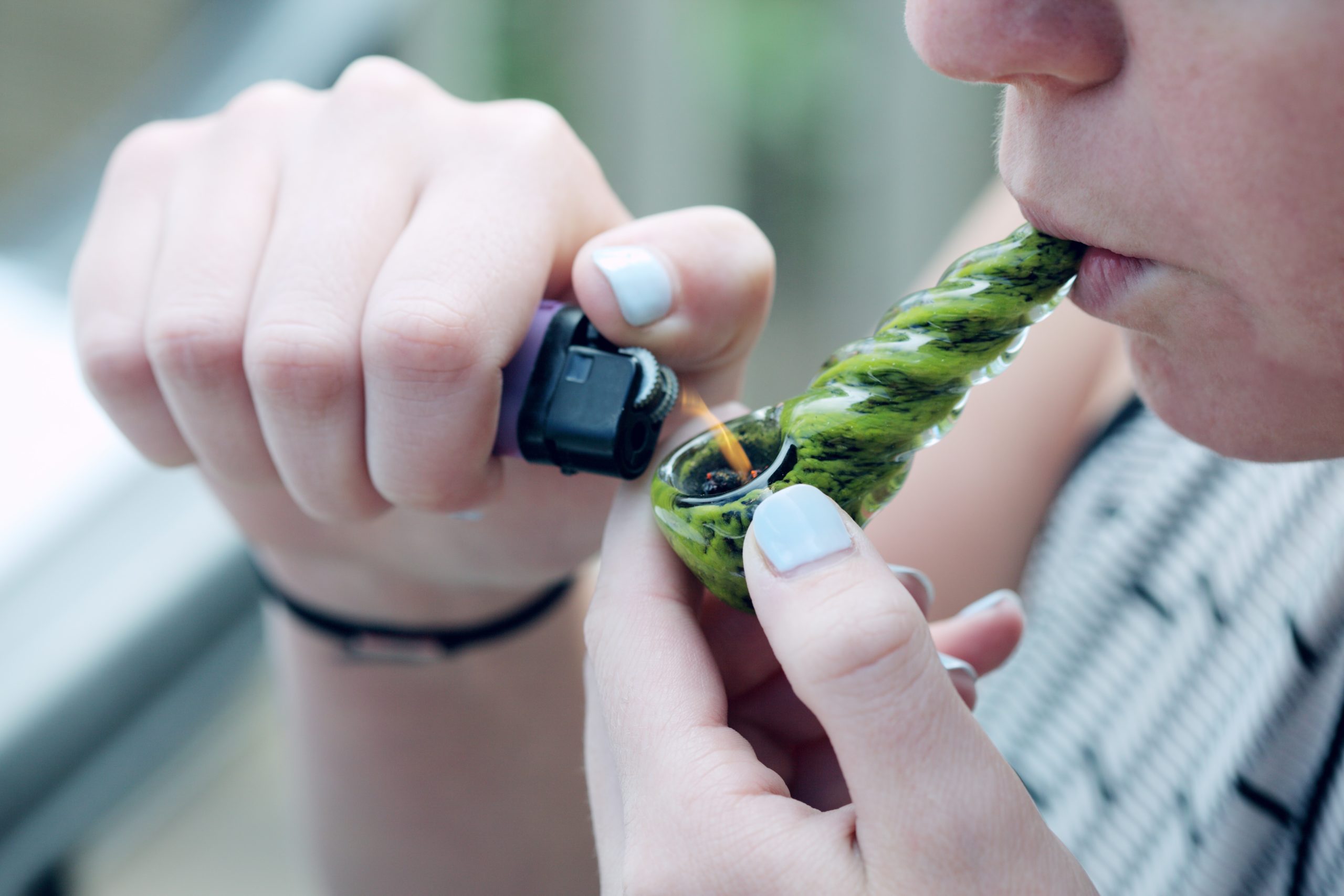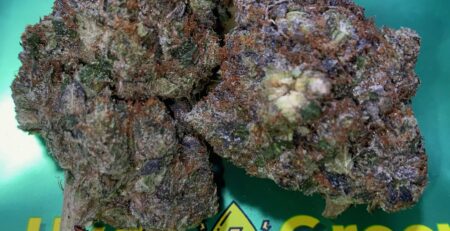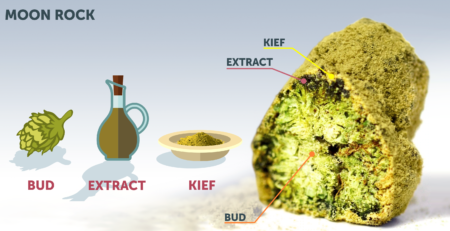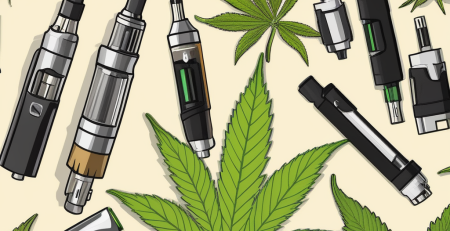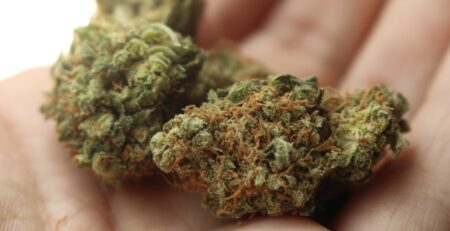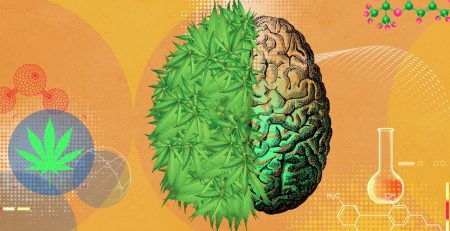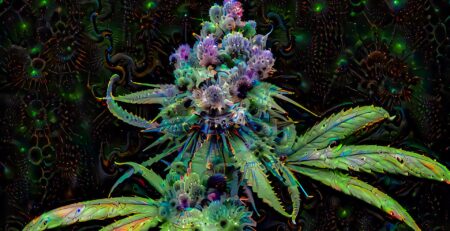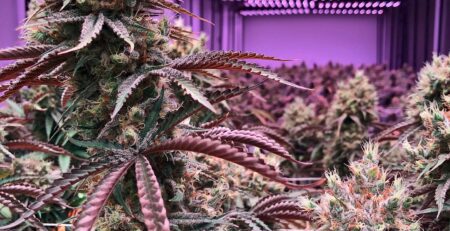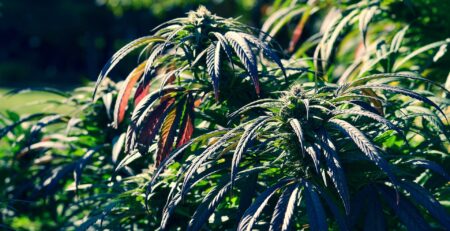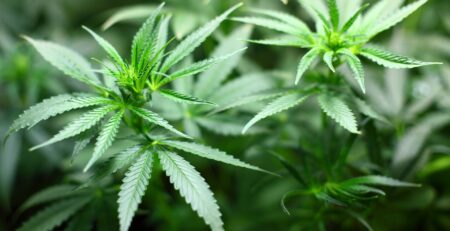What to Know About Cannabis and Bipolar Disorder
Bipolar disorder, also known as manic-depressive illness, is a mental health condition characterized by extreme mood swings, including emotional highs (mania or hypomania) and lows (depression). As the use of cannabis becomes more widespread, its potential impact on bipolar disorder has garnered significant interest. This article delves into the intricate relationship between cannabis and bipolar disorder, examining the potential benefits, risks, and considerations for individuals affected by this condition.
Understanding Bipolar Disorder
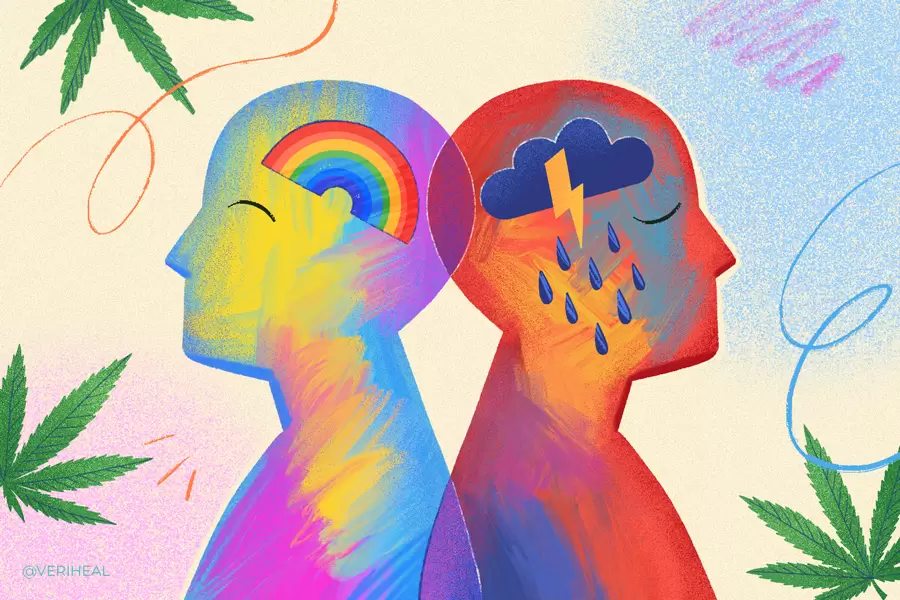
Symptoms and Types of Bipolar Disorder
Bipolar disorder is a complex condition with varying symptoms and types. The primary types include Bipolar I, Bipolar II, and Cyclothymic Disorder. Symptoms may vary from person to person but generally include:
- Mania: Elevated mood, increased activity, reduced need for sleep, grandiosity, rapid speech, and impulsive behavior.
- Hypomania: Similar to mania but less severe; still causes noticeable changes in behavior and mood.
- Depression: Persistent sadness, fatigue, loss of interest in activities, changes in appetite or sleep patterns, and feelings of worthlessness.
Causes and Risk Factors
The exact cause of bipolar disorder remains unclear, but several factors contribute to its development:
- Genetics: Family history of bipolar disorder increases the risk.
- Neurobiology: Imbalances in brain chemicals and structural abnormalities may play a role.
- Environmental Factors: Stressful life events, trauma, and substance abuse can trigger or exacerbate symptoms.
Cannabis and Its Components
Cannabinoids and Their Effects
Cannabis contains numerous active compounds called cannabinoids, with the most notable being THC (tetrahydrocannabinol) and CBD (cannabidiol). These cannabinoids interact with the body’s endocannabinoid system, influencing various physiological processes.
- THC: The primary psychoactive component, THC is responsible for the “high” associated with cannabis use. It can affect mood, perception, and cognitive function.
- CBD: Unlike THC, CBD is non-psychoactive and is often associated with therapeutic benefits such as anti-inflammatory, anxiolytic, and neuroprotective effects.
Methods of Consumption
Cannabis can be consumed in various ways, including smoking, vaping, edibles, tinctures, and topical applications. Each method has different onset times and durations of effects, which can influence the overall impact on bipolar disorder symptoms.
Potential Benefits of Cannabis for Bipolar Disorder
Mood Stabilization
Some anecdotal reports and preliminary studies suggest that cannabis, particularly CBD, may help stabilize mood in individuals with bipolar disorder. CBD’s potential anxiolytic and antipsychotic properties could theoretically mitigate manic and depressive episodes.
Reduction of Anxiety and Stress
Bipolar disorder is often accompanied by high levels of anxiety and stress. Cannabis, especially strains high in CBD, may offer anxiolytic effects, helping to reduce anxiety levels and promote relaxation. This could be particularly beneficial during depressive episodes.
Sleep Improvement
Sleep disturbances are common in bipolar disorder, with both insomnia and hypersomnia affecting patients. Certain cannabis strains, primarily indica-dominant, are known for their sedative properties, potentially aiding in sleep regulation and improving sleep quality.
Risks and Concerns
Potential for Triggering Manic Episodes
One of the significant concerns regarding cannabis use in bipolar disorder is its potential to trigger manic or hypomanic episodes. THC, in particular, has been associated with increased mood elevation and heightened energy, which could exacerbate manic symptoms.
Impact on Cognitive Function
Chronic cannabis use, especially with high THC content, may impair cognitive function. This can be particularly concerning for individuals with bipolar disorder, as cognitive deficits are already a common feature of the condition.
Risk of Substance Abuse
Individuals with bipolar disorder are at a higher risk of developing substance use disorders. Cannabis, while perceived as less addictive than other substances, can still lead to dependency, complicating the management of bipolar disorder.
Research and Evidence
Current Studies and Findings
Research on the relationship between cannabis and bipolar disorder is still in its infancy. Some studies indicate potential therapeutic benefits, while others highlight risks and adverse effects. For instance, a study published in the Journal of Affective Disorders found that cannabis use was associated with a higher risk of manic symptoms in individuals with bipolar disorder.
Gaps in Knowledge
Despite growing interest, significant gaps in knowledge remain. More rigorous, large-scale studies are needed to understand the long-term effects of cannabis on bipolar disorder fully. Researchers must also consider the varying impacts of different cannabinoids and consumption methods.
Practical Considerations for Patients and Healthcare Providers
Individualized Approach
Given the complexity of bipolar disorder and the diverse effects of cannabis, a personalized approach is crucial. Patients should work closely with their healthcare providers to weigh the potential benefits and risks and to develop a tailored treatment plan.
Monitoring and Supervision
Regular monitoring and supervision are essential for individuals with bipolar disorder using cannabis. Healthcare providers should track changes in mood, behavior, and cognitive function, adjusting treatment plans as necessary.
Legal and Ethical Considerations
Cannabis laws vary significantly by region, affecting access and usage. Patients and providers must be aware of the legal landscape and ethical considerations surrounding cannabis use for medical purposes.
Conclusion
The relationship between cannabis and bipolar disorder is multifaceted and not yet fully understood. While there is potential for cannabis, particularly CBD, to offer therapeutic benefits, significant risks and concerns must be addressed. A cautious, individualized approach is essential, emphasizing close collaboration between patients and healthcare providers to navigate this complex terrain. As research continues to evolve, it will hopefully provide clearer insights into the safe and effective use of cannabis for individuals with bipolar disorder.

